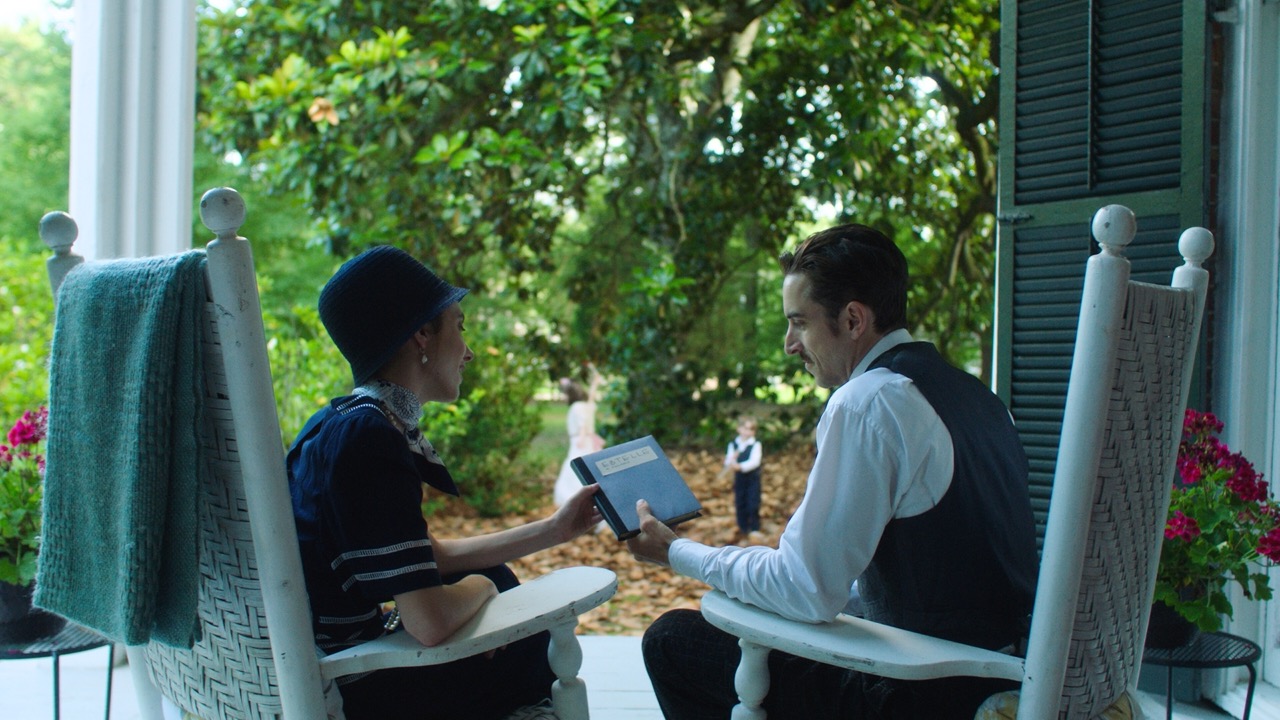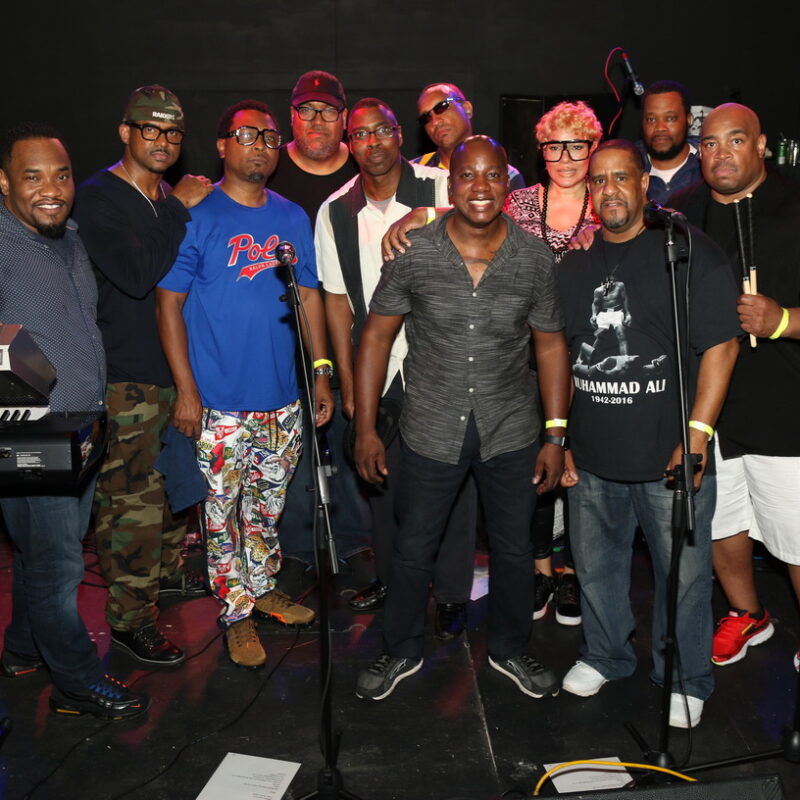Nobel Prize-winning author William Faulkner arrived at the University of Virginia more than 60 years ago to begin his tenure as the first writer-in-residence. During his time in Charlottesville, Faulkner visited English classes, kept office hours, worked on his novel The Mansion, and left a lasting impact on the area’s literary, and wine, scene (His descendants own and run Knight’s Gambit Vineyard in Crozet.)
Faulkner: The Past is Never Dead, a new documentary from director Michael Modak-Truran, explores the life and work of the renowned-yet-flawed literary figure. Using a variety of storytelling techniques, including interviews, archival photographs, and newspaper images, the film immerses viewers in Faulkner’s world, paying special attention to his sometimes paradoxical words on race.
“Faulkner’s ‘unflinching gaze’ dissected issues of race relations, equality, and civil rights—themes that continue to resonate today,” says the doc’s Executive Producer Anita Modak-Truran, who speaks at this year’s Virginia Film Festival. “Faulkner’s relevance is painfully obvious. The issues of race and change that animated Faulkner’s writing were, and are, at the forefront of the American zeitgeist.”
Though Faulkner is frequently lauded for his at-the-time progressive views about Black Americans and racial equality in his writing, he sometimes made racist remarks. Modak-Truran says the documentary avoids presenting Faulkner through a revisionist history lens, and instead lets viewers untangle the good and the bad for themselves.
What sets The Past is Never Dead apart from other documentaries is its captivating reenactments, historical locations, and original score. The camera follows Faulkner through five decades, and steps inside real haunts from his past, including his Mississippi home Rowan Oak. When casting an actor to play the writer, filmmakers landed on Academy Award-nominee Eric Roberts.
“It gave me chills watching Eric from the set monitor navigating a spectrum of emotions,” says Modak-Truran. “[He] cracked through the contemplative Faulkner’s surface and traveled to internal places we may not want to see, like when he tells his daughter Jill, that ‘no one remembers Shakespeare’s child.’ It’s like a gut punch. Eric makes Faulkner’s words his own. His narration, in particular, is so richly nuanced that it lulls us into the heart of a troubled soul who is trying to understand the world around him.”
Faulkner: The Past is Never Dead
October 29 | Violet Crown 5 | With discussion






